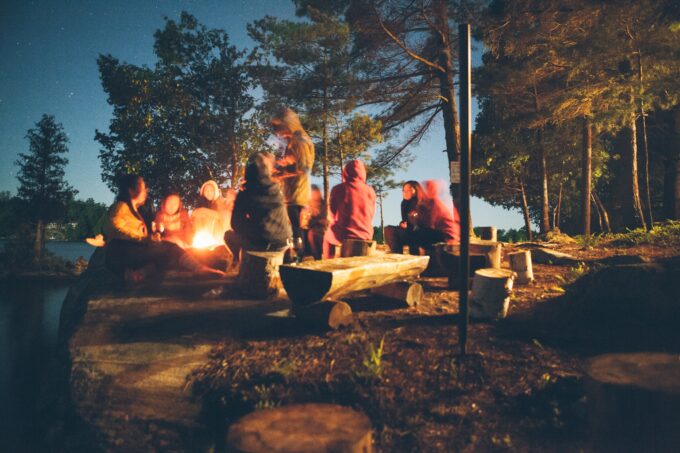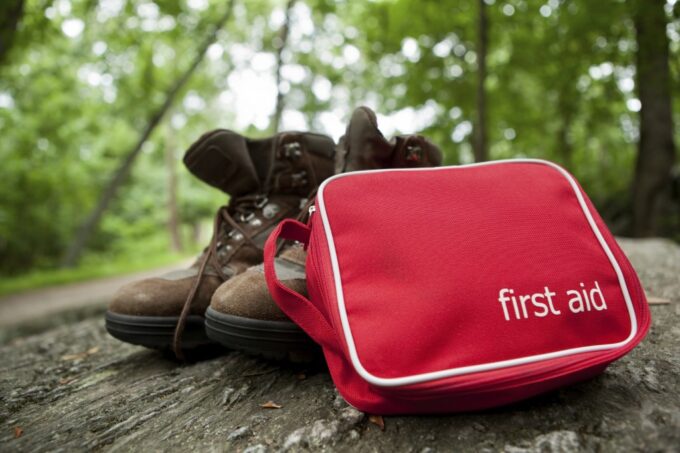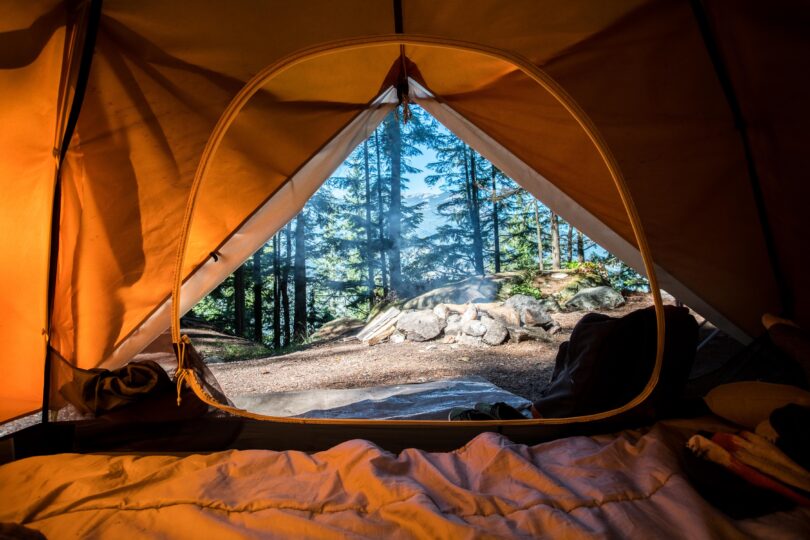Camping is one of modernity’s great pleasures—a relaxing break from technology, your work, and even artificial lighting can help clear your mind and reset your feelings. Study after study is finding that a little time in the great outdoors can help with pretty much any chronic situation, including anxiety, depression, sleep disorders, and fatigue. It can also provide wonderful quality time with family or friends.
Of course, a camping trip involving wild animals can quickly turn into a negative and disastrous experience. The following will explore a few things that you can do to help stay safe from wild animals during a camping trip.
Do Your Research
When you’re in the planning stages of your camping trip, it’s a good idea to do research on your chosen location and the possible animals you could encounter there. Look up which seasons result in these animals being more meddlesome than others. The majority of species are considered more dangerous during mating season and when offspring are young. You might discover the time and location of your camping trip align with a more dangerous time to be in that location. If this is the case, you might want to change your dates or location. Never ignore warnings designed for campers. People who study wild animals devote their lives to understanding the natural cycles at play.
Keep Food Secure
One of the biggest draws for wild animals is the smell of food. To avoid taunting animals in your direction, it’s a good idea to make sure that all food you bring is in sealed containers that prevent the smell from escaping and that all garbage you create is quickly cleaned up and stored in a sealed container or bag. Depending on the wildlife you’re possibly going to encounter, you might have to take additional steps to hide your food or keep it up high. You might also want to look into bringing a cooler that seals or keeping food in the locked car while you sleep.
Know What Draws Wildlife

Source: unsplash.com
Similar to the discussion of food above, there are many things that can pull wildlife in your direction while camping. Perfume or fragranced products in particular need to be used sparingly (ideally not at all) because animals will sometimes come to have a look at the new smell they’ve noticed.
You might also want to keep your noise levels up. Most wild animals are scared of humans and will avoid them if given the option. If you and your friends are talking loudly or singing along to a campfire song, the sound might just deter animals. Noise should also always be your first line of defense if you do run into an animal that scares you. Shouting is often enough to send an animal running.
Defensive Equipment
Of course, you want to do everything you can to avoid wild animals, but you should have some tools and tactics with you to ensure that if you do, you have a chance of keeping yourself safe. Again, you need to know that nine times out of ten, shouting at an animal will scare it away. Beyond this, you might want to look into a bear spray or other protective items; this website breaks down a lot of common tactical and defense-oriented products like tasers and other wilderness tools. Always be sure to follow appropriate safety protocols and store these devices according to the manufacturer’s instructions. It’s also important to follow any maintenance tips carefully. Sometimes devices that get wet or clogged up with sand stop working.
Don’t Forget Insects
Insects are also wild animals, and they can cause a lot of mayhem when they want to. Figure out what insect repellents work best for the type of insects you’re facing and bring those along. Be forewarned; not all repellent products actually do what they claim; it’s a good idea to research all the options before making your choice. It’s important to note that there are a lot of dangerous chemicals in some insect repellent products, so do your research and select something that doesn’t harm your health. This is particularly important if children are going to be sprayed as well.
In addition to products, be sure to wear long pants and tall boots if you’re going to be walking in tall grasses or thick foliage. Tics are no joke and can quickly turn a weekend-length camping trip into a two-year battle with Lyme disease. If pets are coming with you, tics are a particular concern. Be sure to carefully examine their bodies if they were running in thick plant growth or meadows for any tics that have latched on.
First Aid Preparation

Source: eurekacamping.com
Again, you’re hopefully not going to encounter any wild animals or get into altercations with them, but on the off chance you do, it’s vital you have a properly-packed first aid kit with you at all times. Not only will this help you respond to any animal-related problems, but it might also help with accidents, scratches, and other minor problems you might encounter in the wilderness.
Keep Pets Close
While you know not to climb into an animal’s hole and disturb the life that’s going on in there, your pets (especially dogs) might not do the same. You don’t want to be in a situation where your dog has aggravated a porcupine or other animal. To avoid this, keep your pets close and leashed unless they are trained for the outdoors and responsive to recall requests. If this is your dog’s first time camping, be patient and spend lots of time walking around with him so that he grows comfortable. Keep treats handy (but, again, stored in a scent-proof container) so that you can quickly get your dog’s attention if needed.
The above tips should help you keep yourself safe from wild animals while camping. It’s always important to take the advice of wildlife specialists if the park you are camping in has those. They’ll have a better sense of what the local wildlife responds to.







